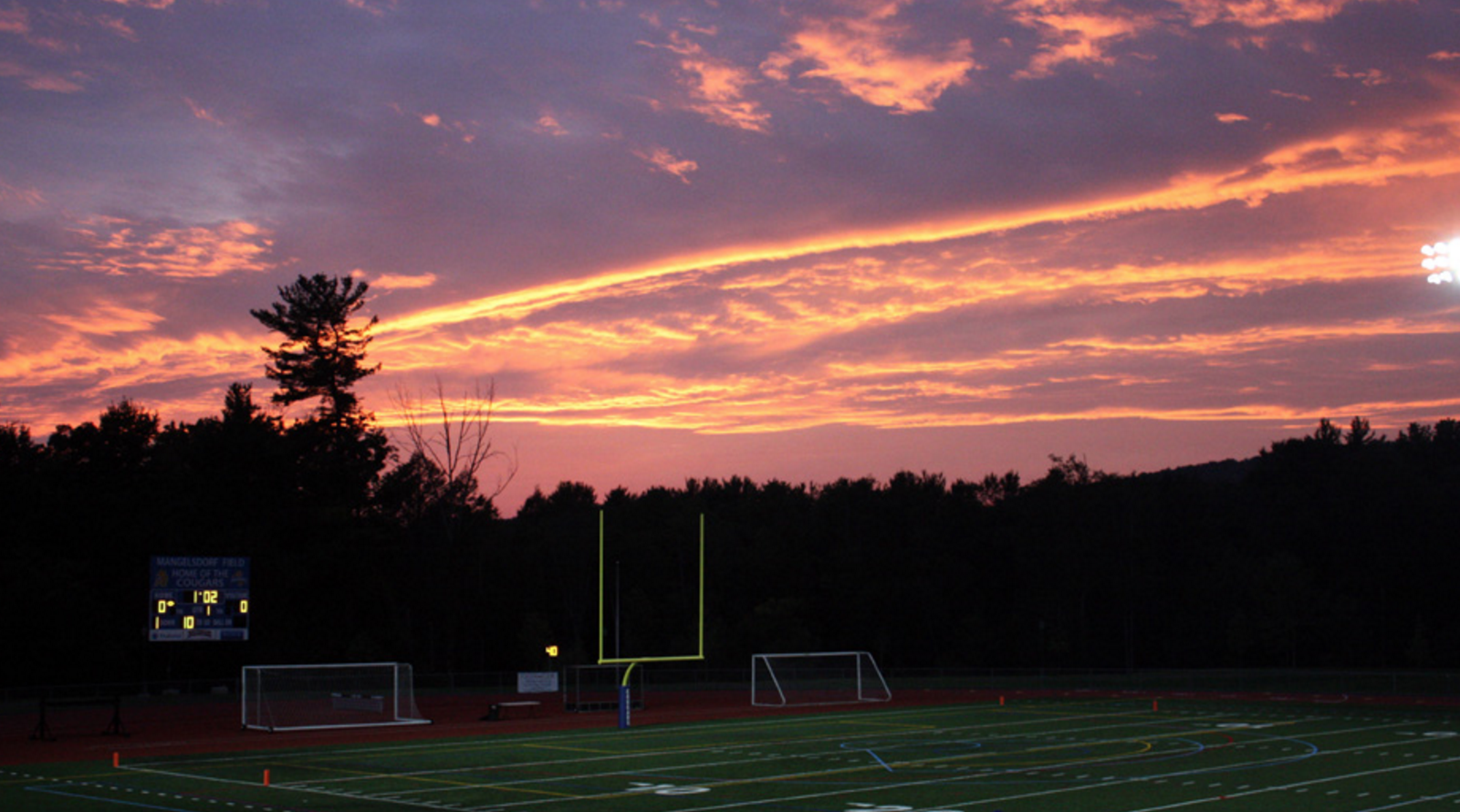

Yet whenever she shines forth in her purity she puts our vain and frivolous enterprises amazingly to shame.

We have so burdened the beauty and richness of her works by our innovations that we have entirely stifled her. After all, it would hardly be reasonable that artificial breeding should be able to outdo our great and powerful mother, Nature. Even so, the flavor and delicacy of some of the wild fruits from those countries is excellent, even to our taste, better than our cultivated ones. Indeed, in that land, it is we who refuse to alter our artificial ways and reject the common order that ought rather to be called wild, or savage, (2) In them the most natural virtues and abilities are alive and vigorous, whereas we have bastardized them and adopted them solely to our corrupt taste. These people are wild in the same sense that fruits are, produced by nature, alone, in her ordinary way. There at home is always the perfect religion, the perfect legal system–the perfect and most accomplished way of doing everything. Indeed, we seem to have no other standard of truth and reason than the opinions and customs of our own country. I do not find that there is anything barbaric or savage about this nation, according to what I’ve been told, unless we are to call barbarism whatever differs from our own customs. We try to embrace everything but succeed only in grasping the wind. I’m afraid that our eyes are bigger than our stomachs, and that we have more curiosity than comprehension. I doubt that I could affirm that another such may not be discovered in the future, since so many greater people than I were mistaken about this one. This discover of an enormous land seems to me to be worth contemplating. I had with me for a long time a man who had lived for ten or twelve years in this other world which has been discovered in our time, in the place where Villegaignon landed, which he named Antarctic France (1). These examples illustrate how one must avoid accepting common prejudices: opinions must be judged by means of reason, and not by adopting common opinion. When King Pyrrhus invaded Italy, after he had reconnoitered the armed forces that the Romans had sent out against him, he said, “I don’t know who these barbarians are”–for the Greeks called all foreign peoples barbarians–“but the organization of the army I see before me is not at all barbaric.” The Greeks said the same when Flaminius invaded their country, as did Philip, when he saw from a hill the orderly layout of the Roman camp which had been set up in his kingdom under Publius Sulpicius Galba. What reason does Montaigne give for judging cannibalistic Native Americans to be preferable to Europeans?


He began a long tradition of using non-European peoples as a basis for engaging in a critique of his own culture, undoubtedly in the process romanticizing what Jean-Jacques Rousseau would later call “the noble savage.” It is a theme which still appeals to many Westerners. Yet some Europeans were profoundly shaken by the new discoveries into realizing that much of the world thought and lived very differently from what was then known as “Christendom.” No writer was more strongly moved to view his own society from a new perspective in the light of reports brought back of the habits of the natives of the “New World” than Michel de Montaigne. They were largely absorbed in recovering (and competing with) their own classical past and engaging in violent theological and political disputes among themselves. The discovery of so many new lands in the Renaissance had less impact on most Europeans than one might suppose.


 0 kommentar(er)
0 kommentar(er)
